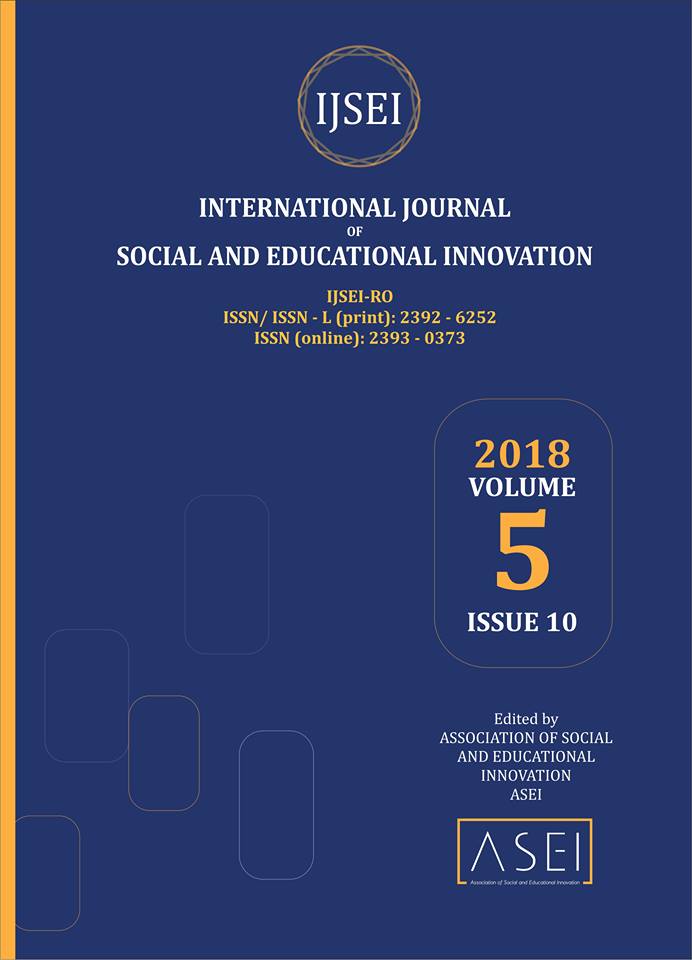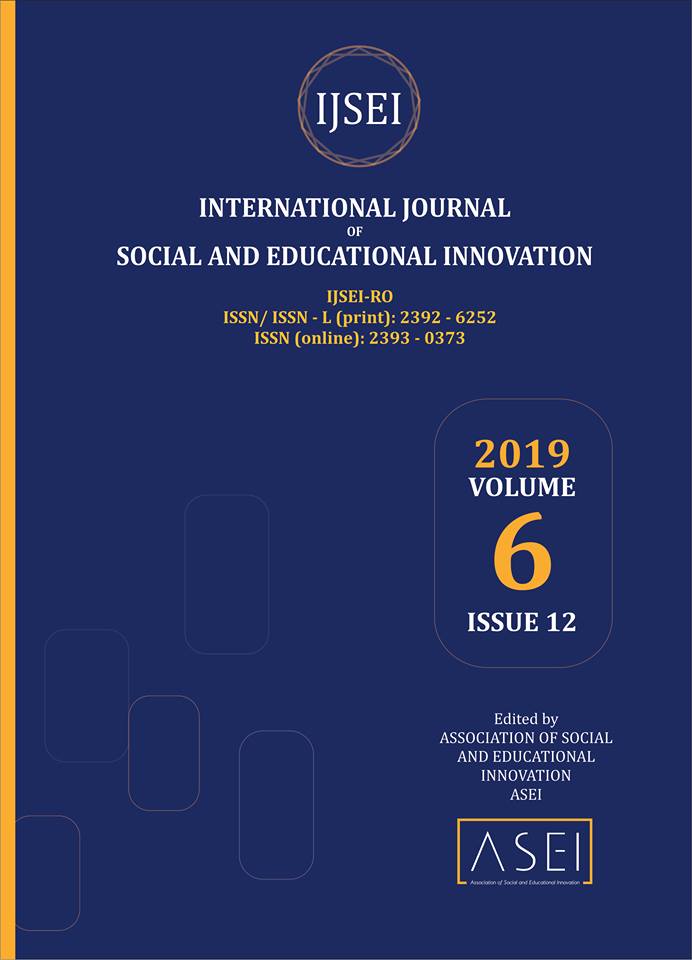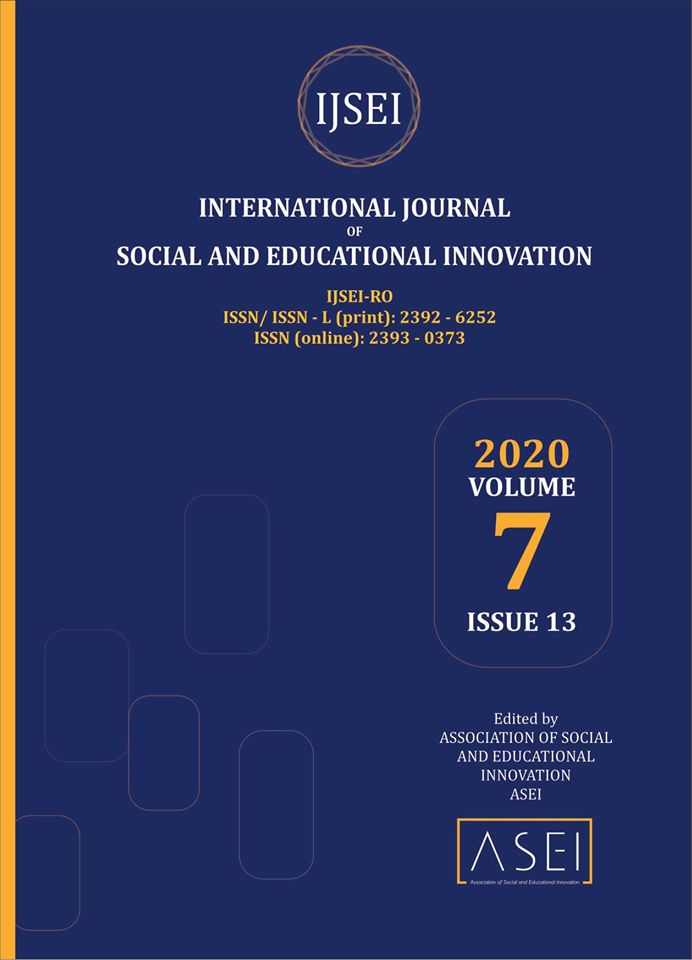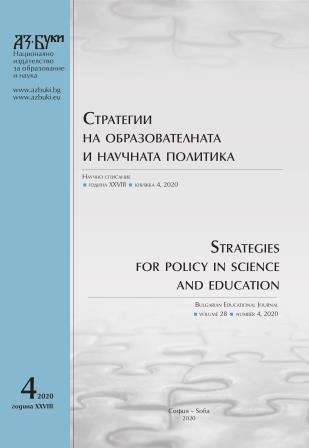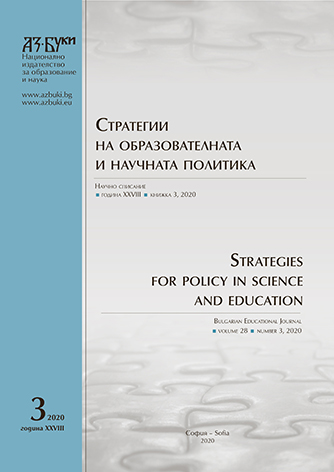
Project-Based Learning and Teaching (Moscow Polytech Experience)
This article describes the experience of implementing project activities in the study at the Moscow Polytechnic University. Project activity was built into the schedule of the 1st semester without any preliminary preparation and included the statement of the problem, development and final presentation of the project. The development of professional skills was in parallel with the work on the project. This type of work led to the most desired result - an independent solution of the task, the main activity that higher education is called to teach. The character of teaching and excellent results gave us the basis to see the correlation with suggestopaedia principles. This article describes the experience of implementing project activities in the study at the Moscow Polytechnic University. Project activity was built into the schedule of the 1st semester without any preliminary preparation and included the statement of the problem, development and final presentation of the project. The development of professional skills was in parallel with the work on the project. This type of work led to the most desired result – an independent solution of the task, the main activity that higher education is called to teach. The character of teaching and excellent results gave us the basis to see the correlation with suggestopaedia principles.
More...
